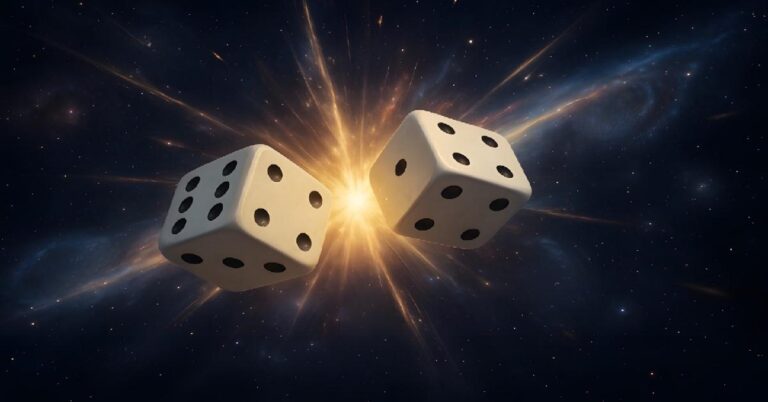What is Astronomy?
Astronomy is the scientific study of the universe and its contents, including celestial objects (such as stars, planets, and galaxies), the physical properties of these objects, and the processes that govern their formation, evolution, and behavior.
Astronomers use a variety of tools and techniques to study the universe, including telescopes, spectroscopes, and satellite-based instruments. They also rely on computer simulations and data analysis to understand and interpret the observations they make.
Astronomy is an ancient field of study, and people have been studying the stars and other celestial objects for thousands of years. In modern times, astronomy has become increasingly sophisticated, and it relies on a wide range of scientific disciplines, including physics, chemistry, and biology. Astronomy has made many important contributions to our understanding of the universe and our place within it, and it continues to be an important and exciting field of study.
Cosmology is the study of the origin, evolution, and ultimate fate of the universe. It is a branch of astronomy that seeks to understand the fundamental laws and principles that govern the structure and behavior of the universe as a whole.
Cosmologists use a variety of tools and techniques to study the universe, including observations of celestial objects and radiation, mathematical modeling and simulations, and theories of physical laws and processes. They seek to answer questions such as: How did the universe begin? How has it evolved over time? What is its current state? What is its ultimate fate?
Cosmologists also study the properties and behavior of the fundamental building blocks of the universe, such as matter, energy, space, and time. They try to understand how these basic components interact and influence each other, and how they give rise to the complexity and diversity of the cosmos.
Some of the key concepts in cosmology include the Big Bang theory, the expansion of the universe, dark matter and dark energy, the formation and evolution of galaxies, and the ultimate fate of the universe.
Cosmology is the scientific study of the origin, evolution, and ultimate fate of the universe. It is a branch of astronomy that seeks to understand the fundamental nature of the universe as a whole, including its structure, contents, and the physical laws that govern it. Cosmologists use a variety of tools and techniques to study the universe, including telescopes, spectroscopes, and satellite-based instruments. They also rely on computer simulations and data analysis to understand and interpret the observations they make.
Cosmology is a relatively young field of study, and it has made many important discoveries in recent decades. For example, cosmologists have developed theories about the Big Bang, the expansion of the universe, and the existence of dark matter and dark energy. These theories have helped to explain many of the mysteries of the universe and have led to new insights about its structure and evolution. Cosmology continues to be an active and exciting field of research, and it has the potential to yield many more important discoveries in the future.
Psychology is the scientific study of the mind and behavior. It is a multifaceted discipline that encompasses a wide range of topics, including cognition, emotion, perception, development, personality, behavior, and social interactions. Psychologists use scientific methods to study mental processes, including the ways in which people think, feel, and behave. They may also use research to develop theories about how people function and to create treatments for mental health problems. In addition to conducting research, psychologists may work as therapists, helping people to understand and overcome psychological challenges, or as educators, working to improve the understanding and treatment of psychological disorders.
What is science?
Science is the systematic and logical approach to discovering new knowledge, understanding the natural world, and explaining phenomena. It is a way of learning about the world and how it works by making observations, collecting data, and testing hypotheses. Science relies on the scientific method, a systematic process that involves formulating a question or problem, collecting data through observation and experimentation, analyzing the data, and drawing conclusions based on the evidence.
Science encompasses a wide range of fields, including physics, chemistry, biology, earth science, and astronomy. It also includes many subdisciplines, such as psychology, economics, and sociology. Scientists use a variety of tools and techniques to study the natural world, including telescopes, microscopes, and computer simulations. The goal of science is to understand the world around us and to use that understanding to improve our lives and the lives of others.
Metaphysics
Most of us agree that this life, whatever it is, is all we know; and using our current concept of time, we benefit and place great weight on either lessons learned from the past or great hopes and aspirations for the future. But tell me? When do we feel actual emotion? When do we feel the pain of a knife cutting our finger? When do we truly feel alive? Because its not a minute ago or even in a minute’s time!
The past, no matter how rich the memory, is dead and lost to us in practical, real terms under our current understanding of physics and reality and the future, no matter how well considered or planned for, remains only one of many potential possibilities.
Flick one domino over and a billion other dominos tumble and fall somewhere.
So all there is, really … is the moment. The moment we call the present and the rest? All the other stuff? The concept of past, present and future? All our memories?
They are just a fantastic padding out exercise created by our brains. A wonderful illusion.
But that, surely, is the MIRACLE!
Each one of us carries Hollywood around in our minds. A Dream Factory. A cartoon train that lays its own tracks, rolls over them and then picks them up again to repeat the exercise.
WELCOME TO METAPHYSICS



